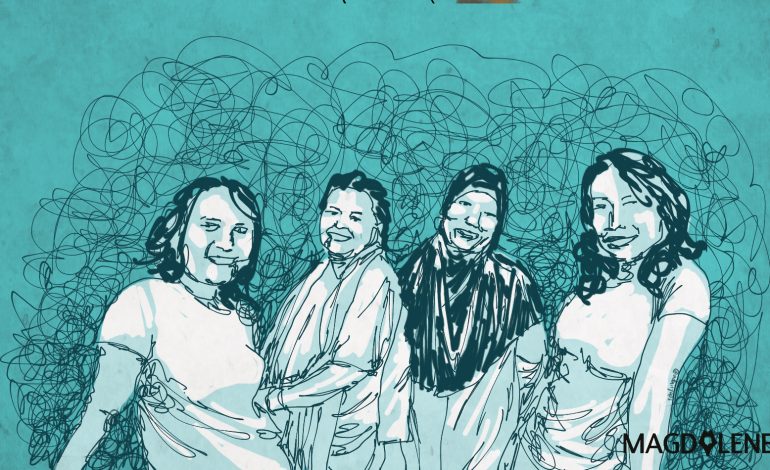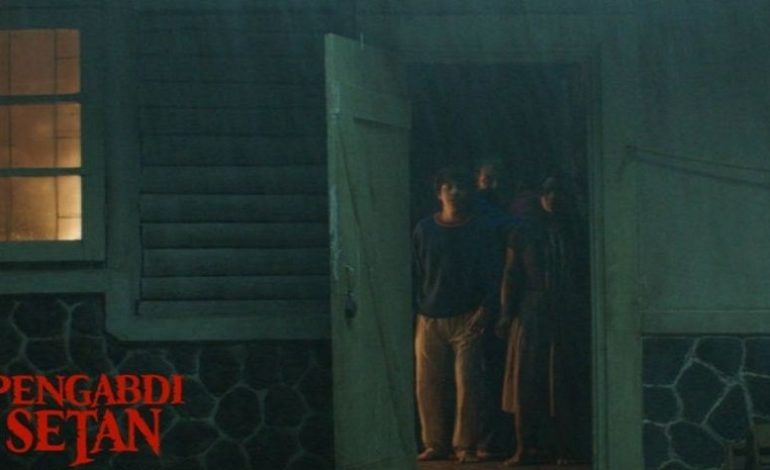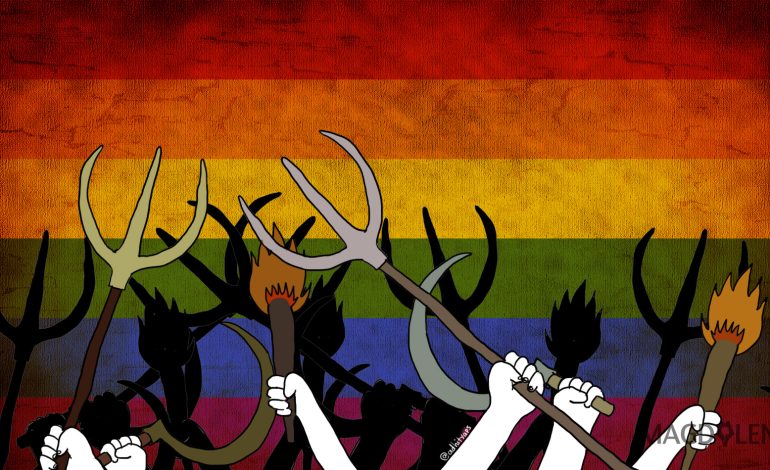The Power of Mama-Mama: Poso Women Bring Food and Peace to the Table

When the sectarian conflict broke in Poso, Central Sulawesi, 18 years ago, Nengah Susilawasih had to evacuate her coastal village of Kilo with her family to seek safety at the provincial capital Palu.
“I came back briefly in 2003, but left again until 2005 after Poso had become more stable,” recalled Nengah in a recent discussion in Jakarta on how women had contributed to post-conflict Poso.
The conflict had made Nengah suspicious of anyone who was not a Muslim, particularly the Christians. “To me they were evil. Because of them we lost our relatives and our possessions. Because of them we had to struggle.”
Reflin from Salukaia Village, West Pamona District, used to share this sentiment too. Although she was too young at the time to be directly affected by the conflict, Reflin experienced how uncomfortable it was to live in an atmosphere of post-conflict.
“Because of the conflict, Christians and Muslims couldn’t get along. We felt uncomfortable with and suspicious of each other. We would rather take the long way through Makassar or Manado rather than crossing Poso,” said Reflin, who lives in Tentena, a town about 2.5 hours away from the town of Poso where most Christians fled for safety following the conflict.
The two eventually joined Sekolah Perempuan or Women School, a year-long post-conflict program to empower women in villages across Poso District run by local NGO Mosintuwu Institute. There they learned that neither side was right or wrong, and that they were mere victims of the conflicts.
Last month Mosintuwu Institute held Festival Hasil Bumi (the Earth’s Harvest Festival) to showcase and provide a market place for various food products from villages across the Poso regency. A total of 23 villages participated in the three-day festival.
In the discussion held at Kekini in Jakarta last week, Lian Gogali, who founded and runs Mosintuwu, said: “Every village in Poso has various crops and products to offer. In this festival, each of the villages brought their products that will be promoted and introduced to the outsider. The villages also share their products to one another.”
Asides from introducing the local products, Festival Hasil Bumi is also an attempt to reclaim the narrative of Poso, to show stories other than negative ones people associated with the region.
“Poso’s story is also a story of hope. The spirit is that of connection and opportunities, and of how communities of different religious and ethnic backgrounds can build trust and cooperate with each other,” said Lian.
The festival, she said, is also a meeting place to build the confidence of the communities in these villages. Ultimately, they are all important elements in building peace and working towards justice.
During last week’s discussion, various local delicacies highlighted in the festival were served on the table, from Bagea cookies and Burasa rice cake to the aromatic Ituwu chicken.
Food, Lian said, can also bring people together, which is crucial in a place so torn by the Christian-Muslim conflicts.
“At the dinner table, the diversity of cooking methods and culinary richness can blend on the palate. There is a promise of life through food on the table.”
In pre-Islamic and Christianity Poso, locals believed that women were spiritual leaders, she said. “They believed that women were connected to nature and creation. They were the ones who decided when to harvest and plant, what medicines to give to the sick, and they led prayers too,” said Lian.
Women also played the role of judges or mediators. “When there was a problem in the village and it could not be solved, then women were the ultimate decision maker.”
But when organized religions arrived and grew dominant in Poso, this was turned around. The important positions held by women in communities were reversed and given to men, and women’s connection to nature was as good as cut.
Mosintuwu aims at the restoring the village’s function and connection to nature and empowering women to play a more active role in their communities so they could contribute to ensuring a sustainable peace and justice.
“It’s not just about Christians and Muslims shaking hands,” Lian said, adding, “peace can start from the dining table.”






















